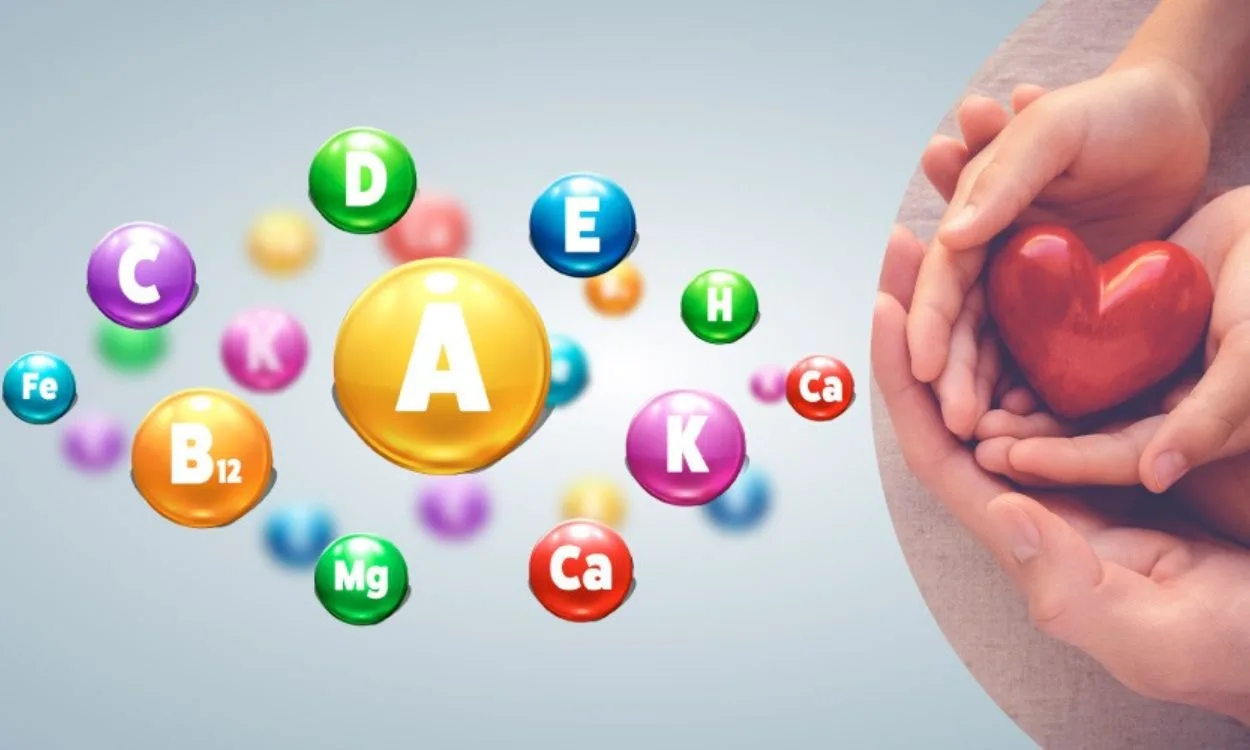Which Vitamins and Minerals are Important for Heart Health?
The heart is one of the most vital organs in the human body, responsible for pumping blood and supplying oxygen and nutrients to all parts of the body. Maintaining a healthy heart is crucial for overall well-being and longevity. Along with a balanced diet and regular exercise, certain vitamins and minerals play a key role in supporting heart health. Let’s explore the important vitamins and minerals that are beneficial for a healthy heart:
Vitamins for Heart Health
- Vitamin D: Adequate levels of vitamin D have been associated with a reduced risk of heart disease. It helps in regulating blood pressure, reducing inflammation, and improving overall cardiovascular health. Sunlight exposure, fortified foods, and supplements are common sources of vitamin D.
- Vitamin B complex: B vitamins, including B6, B12, and folic acid (B9), are essential for heart health. They help in reducing levels of homocysteine, an amino acid linked to an increased risk of heart disease. Whole grains, leafy greens, legumes, and fortified cereals are good sources of B vitamins.
- Vitamin C: This powerful antioxidant vitamin protects against oxidative stress, inflammation, and LDL cholesterol oxidation, which can lead to heart disease. Citrus fruits, strawberries, bell peppers, and kiwi are rich in vitamin C.
Minerals for Heart Health
- Calcium: Apart from its role in maintaining strong bones, calcium is crucial for heart muscle contraction, blood clotting, and proper functioning of the nervous system. Dairy products, leafy greens, and fortified plant-based milk are excellent sources of calcium.
- Magnesium: Magnesium helps regulate heart rhythm, blood pressure, and blood sugar levels. It also plays a vital role in energy production and muscle function. Green leafy vegetables, nuts, seeds, and legumes are good sources of magnesium.
- Potassium: This mineral helps maintain normal blood pressure by counteracting the effects of sodium. It also supports proper heart and muscle function. Bananas, oranges, avocados, potatoes, and tomatoes are rich sources of potassium.
- Selenium: Selenium is an antioxidant that protects against oxidative stress and inflammation, reducing the risk of heart disease. It also supports a healthy immune system. Brazil nuts, seafood, whole grains, and legumes are good sources of selenium.
Including Heart-Healthy Nutrients in Your Diet
To ensure a healthy heart, it is important to incorporate foods rich in these vitamins and minerals into your daily diet. Here are some practical tips:
- Consume a variety of fruits and vegetables regularly, as they provide a wide range of vitamins, minerals, and antioxidants beneficial for heart health.
- Include whole grains, such as oats, brown rice, and whole wheat bread, which are rich in B vitamins and fiber.
- Incorporate lean protein sources like fish, poultry, and legumes. Fatty fish, like salmon and mackerel, are particularly high in heart-healthy omega-3 fatty acids.
- Limit saturated and trans fats, cholesterol, and sodium intake, as they can contribute to heart disease.
- Avoid or minimize processed and sugary foods, as they are usually low in nutrients and high in unhealthy fats and additives.
Now that you understand the importance of vitamins and minerals for heart health, it’s time to take action towards a healthier lifestyle. Fitpaa, a holistic health and fitness app, can assist you in achieving your health goals, including maintaining a healthy heart. With personalized capsules, real-time guidance, and expert support, Fitpaa helps optimize your metabolism and improve overall well-being.
Take advantage of Fitpaa to monitor and manage your health with cutting-edge technology, expert advice, and tailored plans. Download the Fitpaa app and embark on a journey towards a healthier heart and a fulfilling life.
Remember, your well-being is our mission at Fitpaa!









